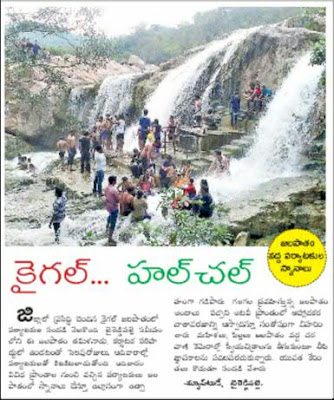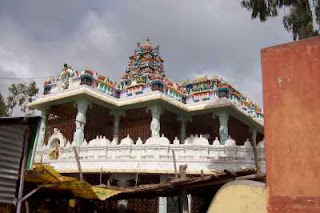Empowerment
Women Empowerment
| Legacy Of The Women Rights Movement: The Womens Rights
Movement first launched in Seneca Falls, NY at the Women Rights
Convention in 1848. Since then women have fought hard for the change
that has become today. It has not been an easy fight with much planning
and organization for lectures, marches, petitions, lobbies, and parades
paving the way for new ground to be broken. Young women and girls today have no idea of the struggles of the generations of women before them. Many have taken for granted their right to vote and their fight to be equal. It is something that should be taught in depth in our high school history books. With knowledge comes power and the young women today should know and never forget the battles that have been fought for them. Popular personalities who dedicated their lives on women rights & empowerment are:
*** Google pays great tribute to Muthulakshmi Reddi, the woman of many firsts of India. She was born in 1883 in TN, became first woman to work as a surgeon in a Govt hospital & first female Legislator in British India. #NaariShakti
30th July: Tamil Nadu Celebrate 'Hospital Day' on Muthulakshmi Reddi Birth Anniversary You Can Contribute through...
Women Empowerment refers to increasing the spiritual, political, social or economic strength of Women. It often involves the empowered developing confidence in their own capacities. Empowerment is probably the totality of the following or similar capabilities:
Dr. Muthulakshmi Reddi (30 July 1886 - 22 July 1968 Madras) was an eminent medical practitioner, social reformer and Padma Bhushan awardee in India. She devoted herself for the upliftment of Women and children. Her two outstanding monumental gifts for humanity are the Avvai Home (for children) and the (Adyar) Cancer Institute (second of its kind in India and the first in south India). She was the prime mover behind the legislation that abolished the devadasi system in 1929 and played a keen role in raising the minimum marriage age for women in India.Read more about her at wikipedia
|
Useful Links
|
India's Most Powerful Businesswomen (Forbes)
- Indu Jain of privately held Bennett Coleman, India's biggest media house, have even reached billionaire status.
- Kiran Mazumdar-Shaw started one of India's first biotech companies, Biocon
- Naina Lal Kidwai is Group General Manager and Country Head of the HSBC Group in India, which employs 35,000 people
- Lalita Gupte and Kalpana Morparia run India's second-largest bank, ICICI Bank
- Simone Tata built one of the first indigenous cosmetic brands, Lakme.
- And Anu Aga turned around an ailing company, the engineering firm Thermax Group
- Priya Paul became the president of Apeejay Surrendra Group at the age of 24.
- Sulajja Firodia Motwani, managing director of Kinetic Motors.



Comments
Post a Comment